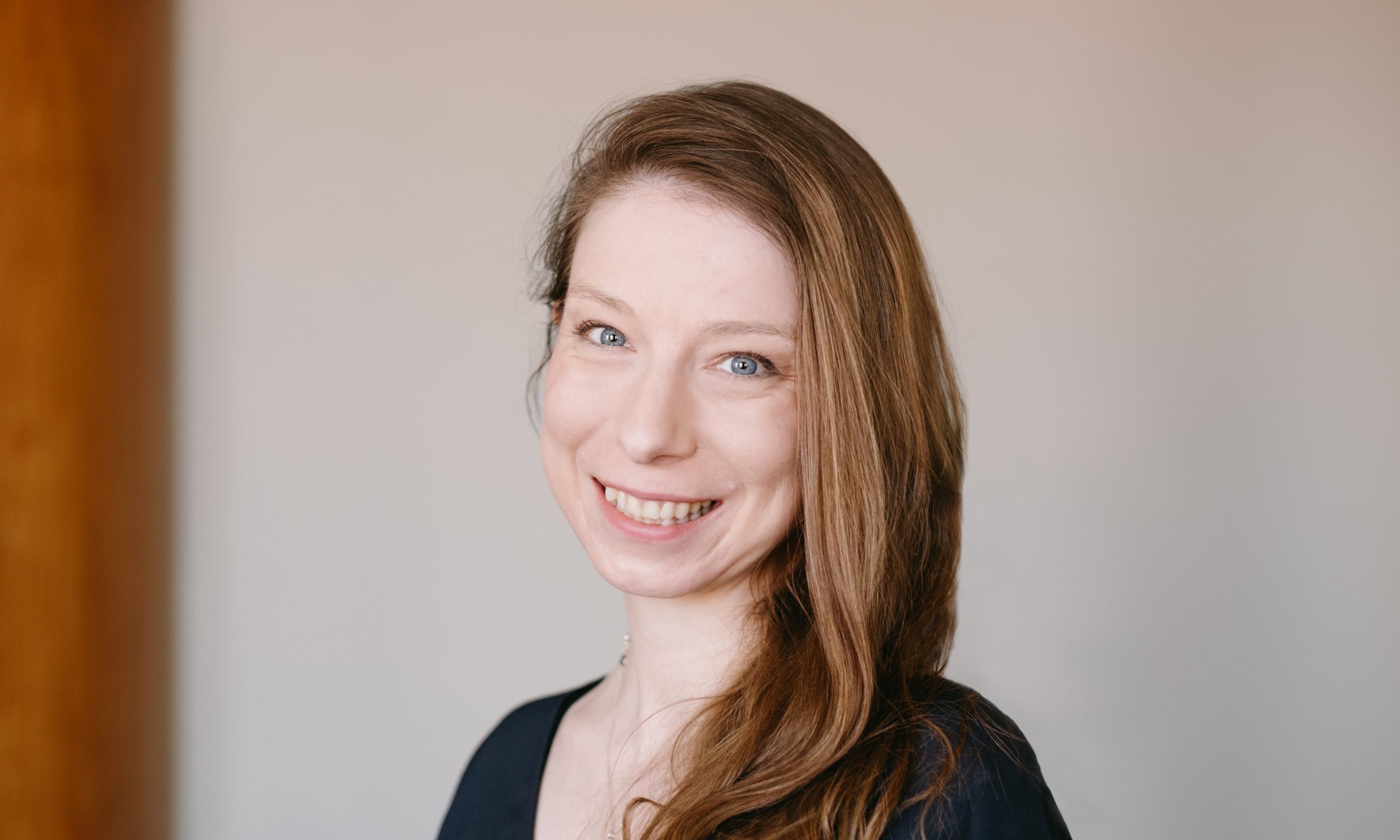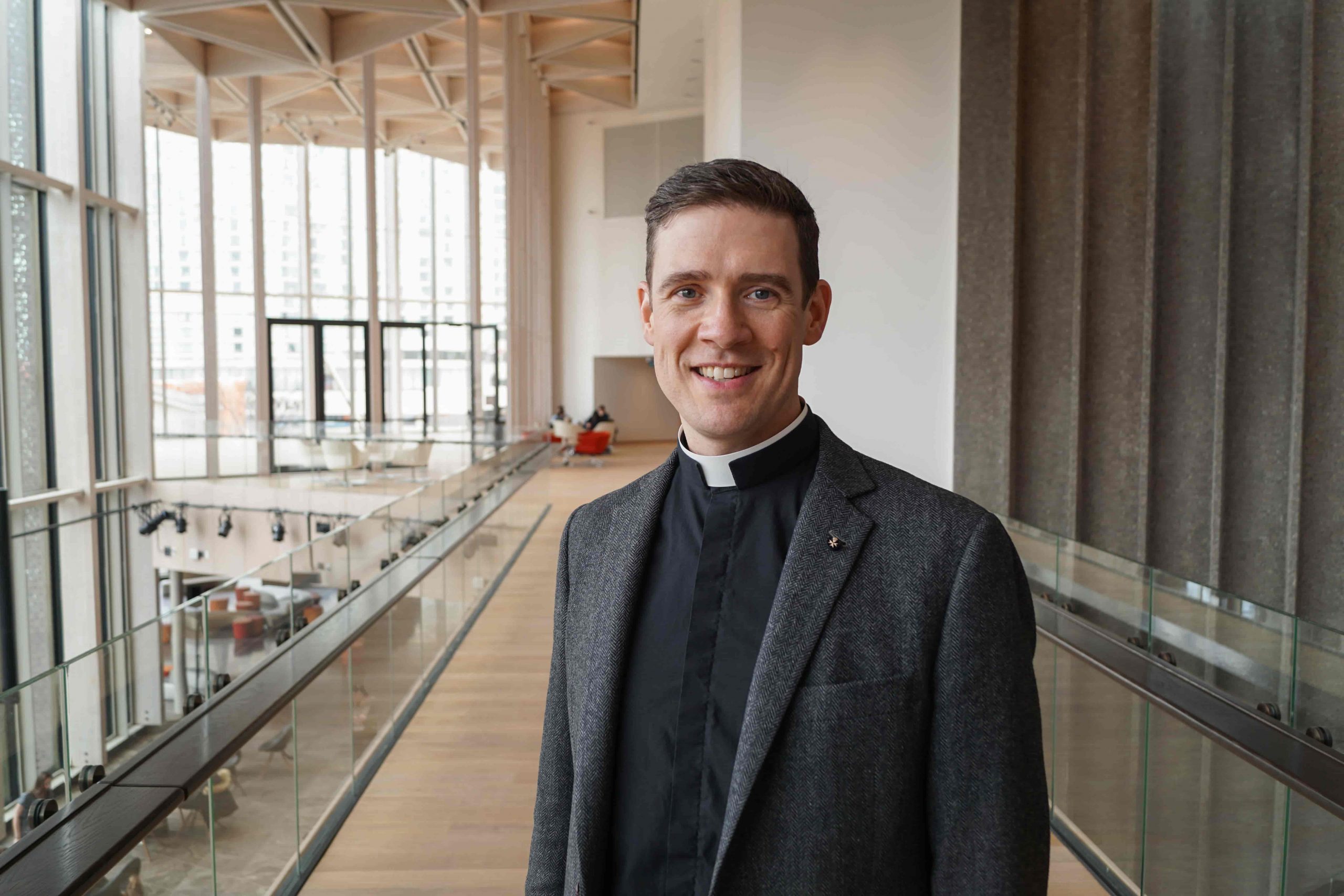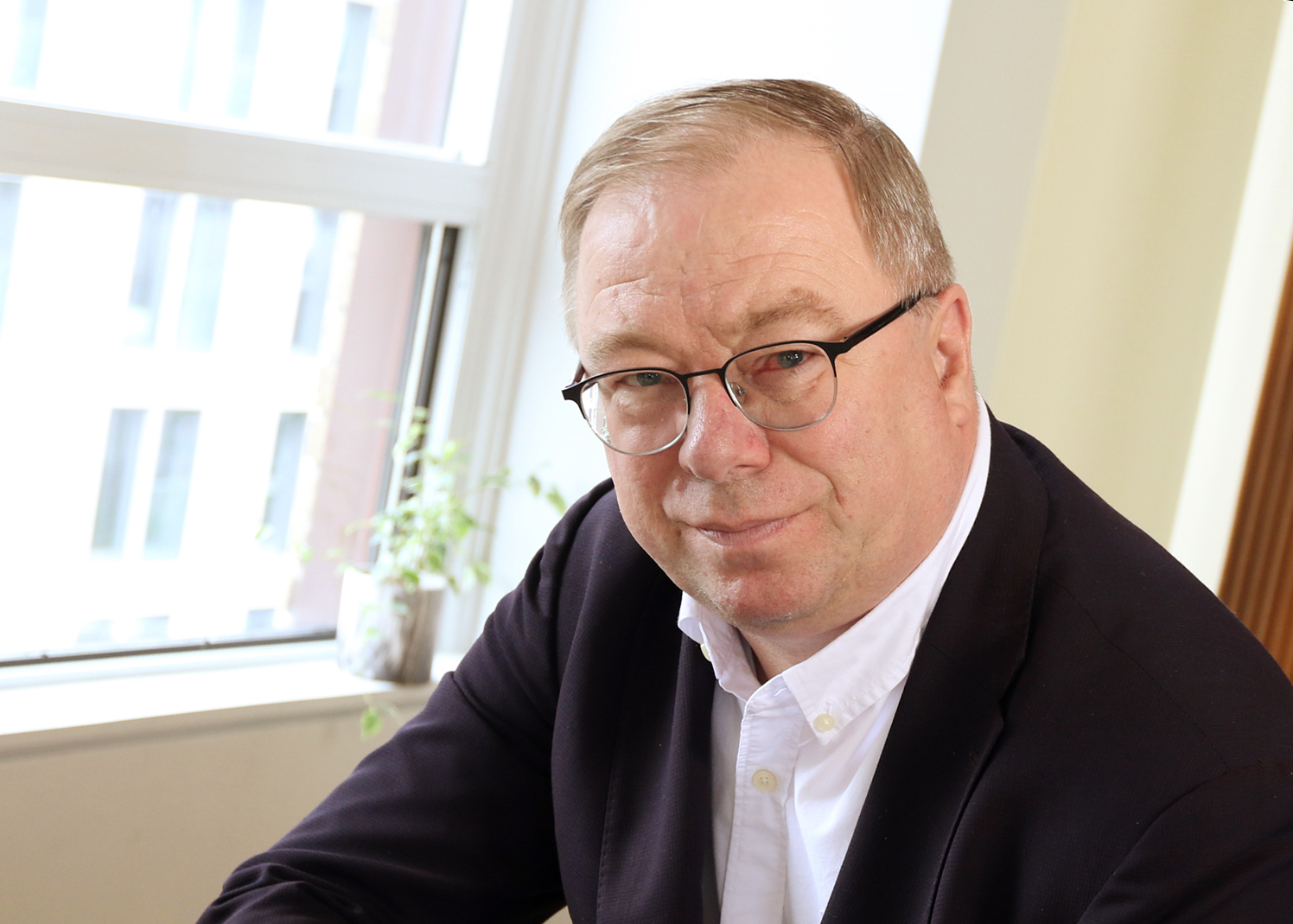Post-secondary education tied to alumni perceptions of moral obligation, and commitment to common good.

College Choice Affects More Than Just Job Prospects, Study Finds
February 10, 2020

Faith Feeds Cities in Canada and the United States
Case studies outline how faith-based organizations contribute to urban renewal in Canada and U.S.
January 29, 2020

Social Justice and Christian Schooling Go Hand in Hand
Religious schools committed to common good, new series of case studies highlights.
January 17, 2020

Unemployed Canadians Suffer More Than Loss of Wages
Leading labour economist reports on policy gaps and non-financial aspects of work
December 17, 2019

New Poll: Tolerance and Virtue Without Faith?
Second annual Public Faith Index underlines the harder side of Canadian secularism FOR IMMEDIATE RELEASE December 4, 2019 OTTAWA, ON – The findings of a new Angus Reid Institute (ARI) survey, produced in partnership with Cardus, are raising questions about the future of tolerance and virtue in Canada. The 2019 Public Faith Index has found that the more religious Canadians are, the more likely they are to take a positive view of faiths different from their own. By contrast, when non-religious Canadians were asked whether various faiths were “benefitting or damaging Canada and Canadian society,” they took a dim view of every community but their own:“When it comes to faith, religion in Canada encourages tolerance of others,” said Ray Pennings, Executive Vice President of Cardus. “Non-believers were generally unwelcoming of all religions, though they seem especially hostile to Islam, Catholicism, and Evangelical Christianity.” The findings come as part of the annual Public Faith Index, developed by Cardus and ARI to measure Canadian mindsets regarding religious faith in public life. The latest index confirms Canadians are almost equally divided among three groups: Public Faith Proponents, who recognize the importance of faith and religion to society, Public Faith Opponents, who are the most enthusiastic about secularism and want to reduce the role and presence of faith and religion, and the Uncertain, who take a middle position. Public Faith Opponents were much less likely to support the Charter-protected, fundamental human right of religious freedom. Only 37 percent of that group agrees religious freedom makes Canada a better country, while more than one in four of them say it makes Canada worse. By contrast, 86 percent of Public Faith Proponents favour religious freedom for all. Regarding religious symbols or clothing in the workplace, the most secular respondents had the lowest tolerance for such expressions. Fully 56 percent of Public Faith Opponents were uncomfortable with religious symbols or clothing in the workplace, compared to just one in five Public Faith Proponents. The data also uncovered a marked contrast in attitudes regarding public virtue. Almost two-thirds of Public Faith Opponents prioritized “achieving one’s own dreams and happiness” over “being concerned about helping others” as the best way to live life. For Public Faith Proponents, however, 54 percent prioritized helping others. So, what does faith-motivated help for others look practically and what could be lost by privatizing faith?Religious Canadians give generously. Statistics Canada states that 54% of primary donors to charity (the top 10% of all donors) attend religious services weekly, compared to just 14% of other donors and 8% of non-donors. Religious donors also give more than 3.5 times more to charity than other types of donors. Religious congregations benefit their neighbourhoods and communities. Each dollar in a religious congregation’s budget provides almost five times as much common good benefit to its surrounding community. Religious groups help those outside their faith. Culture and arts groups, recreation and sports programs, and social clubs are among the top groups losing out from church building closures. Religious communities help newcomers to Canada. Half of immigrants to Canada say they received material support from faith communities, including help finding a job or a home.“Hard secularism carries a social cost by undermining religious freedom and silencing faith – one of the prime motivators for tolerance of others, public virtue, and generosity in Canada,” said Pennings. “All religious communities have their warts, but that doesn’t change the fact that synagogues, mosques, temples, and churches are like special machines that convert Canadians’ compassion into billions of dollars of goodwill.” Full survey results are available online. -30- MEDIA INQUIRIES Daniel Proussalidis Cardus – Director of Communications 613-241-4500 x508 dproussalidis@cardus.ca
December 4, 2019

Social Issues Have Major Influence on Canadian Voters, Survey Finds
Media coverage of political leaders’ faiths likely also affected 2019 federal election outcome FOR IMMEDIATE RELEASE November 28, 2019 OTTAWA, ON – Seven in 10 Canadians say a political party leader’s personal views on abortion and same-sex marriage would have a significant impact on their vote. That finding comes in a new survey by the Angus Reid Institute, conducted in partnership with think tank Cardus, just after October’s federal election. As for promises that leaders will keep their personal views out of the political realm, 41 percent of Canadians doubt those commitments, while 27 percent simply don’t believe them. “There’s clear evidence that hot-button social issues were a factor in how Canadians voted in the 2019 federal election,” said Ray Pennings, Executive Vice President of Cardus. “However, they were a bigger factor in Quebec than in other parts of the country because Bloc Quebecois voters took the hardest line on those issues.” Just 44 percent of Bloc voters considered it alright for a political leader to be privately pro-life, but not allow those views to influence policy, compared to at least half of Liberal and NDP voters who took that position. Conservative and Green voters were much warmer to the idea of being privately pro-life. The survey also found that 55 percent of Canadians say political leaders’ personal beliefs and faith should be off-limits for the media. At the same time, almost 70 percent say they were aware of media coverage of Conservative Leader Andrew Scheer being Catholic and NDP Leader Jagmeet Singh being a Sikh. Awareness of media coverage of other party leaders’ faiths was much lower. Just more than half of those who saw, heard, or read about Scheer’s faith say it left them with a negative opinion of him, compared to just 24 percent who said the same of Singh. “In a pluralistic country like Canada, we need to find ways to welcome different perspectives and opinions,” said Pennings. “We also need to regain familiarity with Canada’s various faiths so that we can engage with each other genuinely and respectfully.” The full survey results are freely available online. To speak with someone from Cardus about the polling, please, contact Daniel Proussalidis at dproussalidis@cardus.ca. -30- MEDIA INQUIRIES Daniel Proussalidis Cardus – Director of Communications 613-241-4500 x508 dproussalidis@cardus.ca
November 28, 2019

Ontario’s Personal Support Workers Face Time and Cash Crunch
New report identifies key factors for why personal support workers leave jobs in long-term care homes FOR IMMEDIATE RELEASE November 12, 2019 OTTAWA, ON – A new report by think tank Cardus has found evidence that personal support workers (PSWs) in Ontario’s long-term care homes are spending an estimated 32 minutes per shift on paperwork. That’s as much time as is allotted for getting five residents out of bed and ready for breakfast every morning. “In a job where every minute counts, increased regulation is forcing personal support workers to sacrifice care of residents in favour of filling out forms and documents,” says Brian Dijkema, co-author of People over Paperwork and Cardus Vice President of External Affairs. “Often, PSWs are spending unpaid time off-shift to finish their paperwork. This feeds into the shortage of PSWs in Ontario because folks who are over-stretched and unsatisfied leave long-term care homes for greener pastures.” People over Paperwork also finds wages for most PSWs in Ontario’s long-term care homes have not kept up with inflation. So, full-time PSWs have endured the equivalent of a six-percent pay cut since 2009. In effect, PSWs were making almost $2,800 less annually in 2018 than in 2009. “If Ontario wants to attract and maintain an effective workforce for long-term care homes, it must find ways to improve personal support workers’ job satisfaction,” says Dijkema. “It can start by focusing paperwork on necessities rather than red tape, so workers can spend more time caring for residents. To do this requires a deeper partnership among government, long-term care homes, and workers to create lasting solutions.” People over Paperwork recommends the Ontario government take four steps:Recognize that PSWs are overburdened by paperwork and face serious wage problems Support existing efforts by PSW employers and unions to solve workers’ challenges Take seriously the recommendations those involved in long-term care make Convene a long-term care action group of government, employers, and labour to find lasting solutionsPeople over Paperwork was co-authored by Cardus researcher Johanna Wolfert and Cardus Vice President of External Affairs Brian Dijkema. The report is freely available online. -30- MEDIA INQUIRIES Daniel Proussalidis Cardus – Director of Communications 613-241-4500 x508 dproussalidis@cardus.ca
November 12, 2019

Canada Has Lost a True Understanding of Human Dignity
The modern misunderstanding of human dignity devalues the inherent and equal worth of all people. FOR IMMEDIATE RELEASE October 28, 2019 OTTAWA, ON – Canada needs to regain a full and robust understanding of human dignity as something that is inherent to a person’s being, cannot be taken away, and does not depend on external factors such as intellectual or physical abilities. Who are You? Reaffirming Human Dignity, a new report by the Cardus Religious Freedom Institute (CRFI), finds this understanding of human dignity has been lost in a culture focused on individual autonomy. “The dignity as autonomy position makes personal choice the highest good at the expense of other goods. In this view, nothing is inherently good. Things are only good if an individual chooses them,” write co-authors Rev. Dr. Andrew Bennett, the director of the CRFI, and Aaron Neil, a Cardus researcher, in their report. “Freedom is not simply the ability to choose. It is the ability to choose rightly.” The paper also points out a potential danger: As Canadian society moves further away from a proper understanding of human dignity, increasing violations of that dignity will take place. This will lead to an impoverished public square and diminish the fundamental freedoms that flow from human dignity, such as freedom of religion and conscience. Rev. Dr. Bennett says faith leaders need to grapple with the issue of human dignity within their congregations. “Canadians of faith are not immune to current cultural trends, including the modern misunderstanding of human dignity,” says Rev. Dr. Bennett. “That’s why it’s so important to reinforce – and in some cases re-learn – what human dignity is from a basic, theological perspective.” Who are You? Reaffirming Human Dignity comes following a CRFI symposium in Ottawa on September 26, 2019 to address questions about what human dignity is, where it comes from, and how it is put into practice. Participants included:Dr. Moira McQueen from the Canadian Catholic Bioethics Institute Prof. Douglas Farrow from the School of Religious Studies at McGill University Prof. Faisal Bhabha from Osgoode Law School at York University Prof. Victor Muniz-Fraticelli from the Faculty of Law at McGill University Dr. Lucas Vivas from the Canadian Federation of Catholic Physicians and Societies Leslie Rosenblood from the Canadian Secular AllianceWho are You? Reaffirming Human Dignity is freely available online. -30- MEDIA INQUIRIES Daniel Proussalidis Cardus – Director of Communications 613-241-4500 x508 dproussalidis@cardus.ca
October 28, 2019

America Needs a New Attitude Toward Public Education
Think tank releases new report on the contribution private schools make to the public good FOR IMMEDIATE RELEASE October 9, 2019 WASHINGTON D.C. – America is ripe for a more inclusive definition of public education, a new report from public policy think tank Cardus finds. Based on a decade’s worth of research, Rethinking Public Education: Including All Schools that Contribute to the Public Good, argues that private schools contribute to public education in tangible and measurable ways. “All education is public education when it contributes to the public good,” says Ray Pennings, Executive Vice President of Cardus and report co-author. “A modern, inclusive, and pluralistic public education system would take those contributions into account and include all types of school – public and private.” Rethinking Public Education: Including All Schools that Contribute to the Public Good is based on the Cardus Education Survey (CES) – one of the most significant measures of private school outcomes as compared against public school outcomes. Pennings presented the findings in Washington D.C. during an October 8 panel discussion moderated by Anne Snyder, editor-in-chief of Comment Magazine. The key findings of the latest CES include:Evangelical Protestant schools in the United States tend to produce graduates who are at least as civically engaged as their public school counterparts and are generous in charitable giving. Catholic school graduates are more likely than your average American public schooler to have a greater proportion of friends of a different race and ethnicity. Non-religious private school graduates are more likely than public schoolers to donate to charity and to volunteer in health care, arts and culture, and political and international causes.“Sixteen percent of American education is delivered through schools that are Catholic, Protestant, Jewish, Muslim, charter, non-religious, and homeschools,” says Pennings. “Some of the most progressive countries in the world, like Finland and the Netherlands, provide some level of public funding for such private schools. America should open up to a new way of thinking about education and school funding.” Marisa Cassagrande, a Cardus researcher, and Dr. David Sikkink, associate professor of sociology at the University of Notre Dame, co-authored Rethinking Public Education: Including All Schools that Contribute to the Public Good with Pennings. -30- MEDIA INQUIRIES Daniel Proussalidis Cardus – Director of Communications 613-241-4500 x508 dproussalidis@cardus.ca
October 9, 2019



